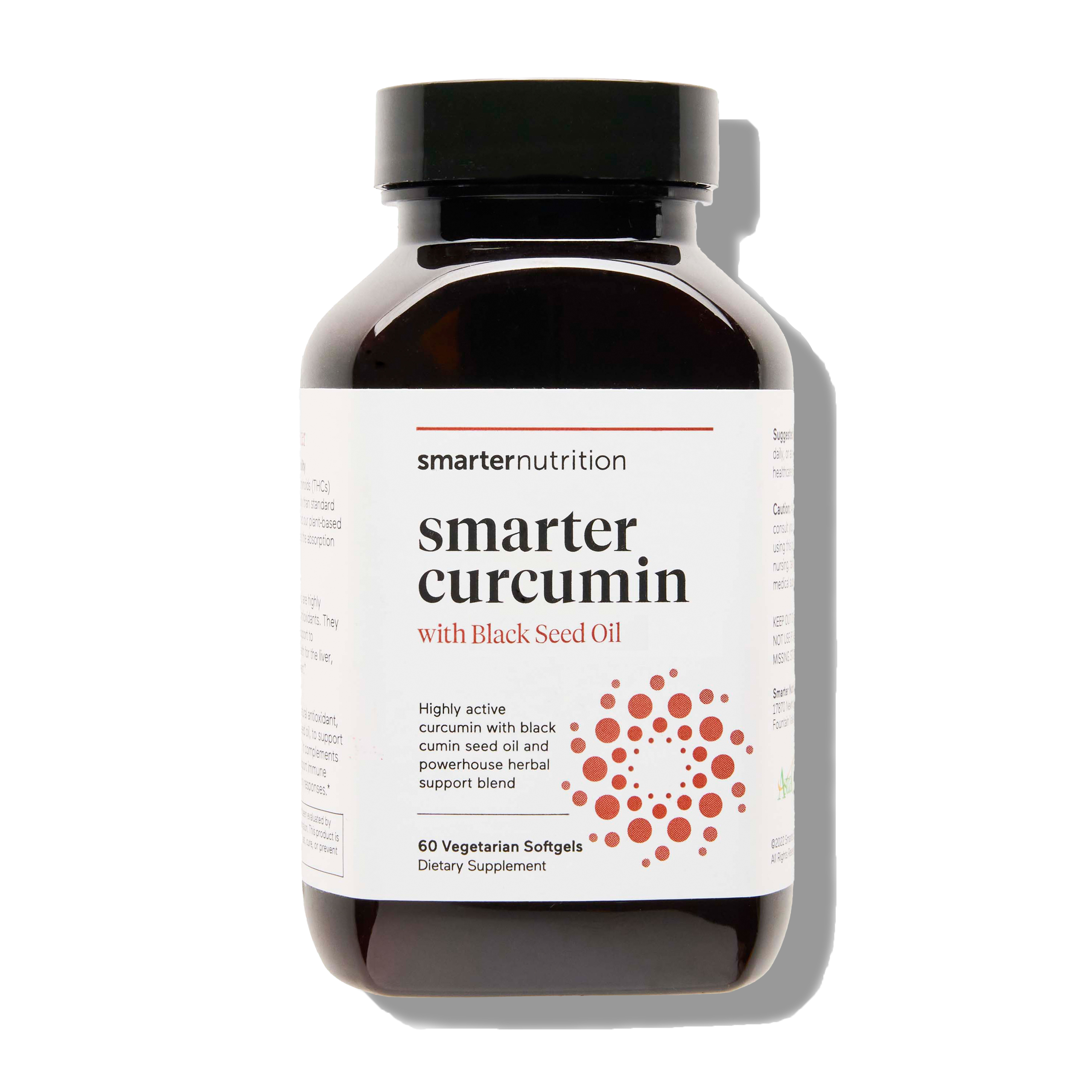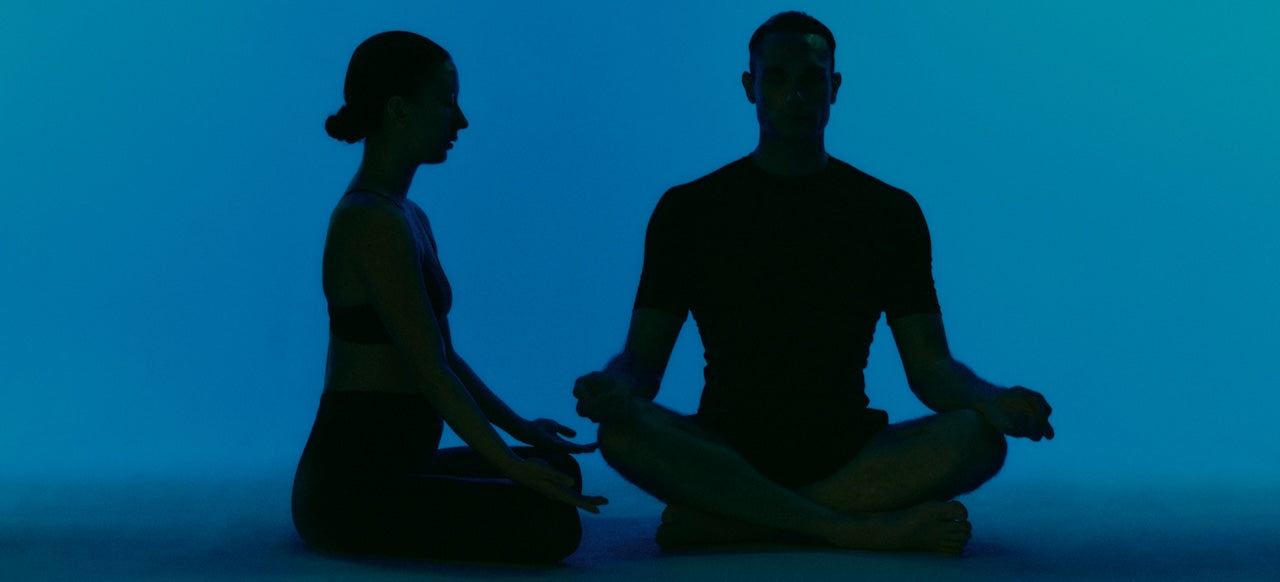If You Think It’s Too Late to Start Yoga, Think Again
If you’re looking for a way to become more active, practicing yoga is an excellent place to start. While scientific research is limited, early evidence seems to confirm that there are a variety of benefits that can improve your overall health—something that yogis have been telling us for years. Yoga can help relieve stress, improve mental health, encourage normal inflammatory responses, increase strength, reduce anxiety, improve your quality of life, boost immunity, and more.
We spoke to Chris Loebsack, owner and instructor at Boundless Yoga Studio in Stroudsburg, Penn., who has been practicing yoga for almost 30 years. Diagnosed with juvenile fibromyalgia in high school, Loebsack explains how impactful yoga has been in her life and what to do if you’re interested in giving it a try.
What piqued your interest in yoga?
“I had a lot of pain points in my body at that particular time. My mom [asked] me if I wanted to take a yoga class with her and I had no idea what it was, but I was like, ‘sure, I'll try anything.’ I didn't want to take pain meds; I didn't want to be on antidepressants because I didn't see myself as a depressed person, and I wasn't, I was just trying to manage physical pain, so I stayed with it. My first class, I basically sat and breathed a lot.”
How did you progress into where you now?
“I met a teacher who introduced me to what they called the Vinyasa, or flow styles of yoga; it blew my mind that it could be such a physical fitness practice and I just started gobbling it up. I did get certified pretty early on and I was teaching classes, but I maintained a full-time regular job. I would teach one or two classes a week and mostly practice for myself. I had never really wanted to be a teacher when I started. I started for my own health and wellness, and eventually teaching just became a bigger and bigger part of my life. I realized I had the opportunity to help so many other people who were maybe intimidated by it or didn't understand it to come to the practice. Fast forward years later, I've taught all across the US. Across the globe, and I have my own studio now.”
What advice do you have for someone who wants to start practicing yoga?
“For anybody who's interested, I think a good place to start is contacting your local studio, seeing what their classes are, and investigating where the beginner’s classes are to teach them the process [so] they end up in a place that feels supportive and not overwhelming.
Where people get themselves in trouble is they jump in and they just hear, ‘yoga is supposed to be good for you’ and they land in a class that might move at a really fast pace or use terms that they don't understand and then it feels overwhelming. So, even if you're athletic, I would start at the beginning because it's easy to bump up more quickly than feeling intimidated or overwhelmed.”
What is the demographic at Boundless Yoga?
“I'm really excited about the fact that we do have such a broad and diverse community…a really broad spectrum of all ages, all backgrounds. And that's really great because it also gives you a real chance to connect with so many different people. I think that sense of community, especially for people who move…we get a lot of people who move out from the city out here, and one of the first things they'll say is, ‘Well, it's really good to feel like I had a place that was like home right away, where people were welcoming, and I didn't feel like a stranger.”
How does your studio overcome the stereotype that yoga is primarily for women?
“Although yoga was a system…that was developed by men for men…once it came to the West, women embraced the practices. It's always a little bit of a giggle to myself when guys are like, ‘Oh, that's for girls,’ and I'm thinking, ‘Well, actually, you guys started it and didn't think we were strong enough to do it.’
Now, both genders are really embracing the practice, and although there are a lot of women who take our classes, we have a good amount of men that also take classes. I think that's also because we have both male and female teachers; you tend to gravitate to things that you see, things that you can see yourself doing. My husband teaches as well.”
What would you say to someone who feels “too old” to start yoga?
“What always impressed me, some of my students have been with me for almost my whole career of teaching—almost 25+ years. I have students now who are in their 70s, but you'd think they're in their 50s, and they're doing handstands and they're progressing in incredible ways.
When somebody's like, ‘Oh, I'm too old for that,’ I always have to laugh; some of my older clients are actually kicking my butt to make me learn more, to teach them more. We do have and offer different types of classes, and I have several clients who might have knee replacements or hip replacements. Our age range right now in the studio and some of my aerial classes, I think some of my youngest students are 14 or 15 and then I think the oldest student I have currently attending regular classes is 88.”
How does yoga impact your life overall?
“When you're on your mat, you're learning a lot about yourself. Do I always back away from things I don't like? Do I always gravitate only to the things I do? Can I stand in my own power? Can I be kind to myself if something doesn't go exactly as planned in my physical practice? As much as we learn about physical movement, you learn about how you operate as a human being while learning those physical movements. When you learn to be compassionate with yourself and to reframe your own inner dialogue, it also helps how you interact in the world around you. And I often find when I meet a person who's very critical of others in the general population, if I talk to them further, I find they're often most critical of themselves.
We step a little outside of our comfort zone and we inch into our growth zone. As we grow and grow, our comfort zone expands where we're more inclusive of people, of movements, of all the things around us.
People have retreated into an extreme comfort zone by spending too much time on computers and social medias and news networks that have got that brain spinning so fast with a lot of fear and judgment. I find that coming back to a little peace and quiet, getting a little separation from those things…it's not that we put our head in the sand by any means, but a moment to step back, breath, check in with yourself and figure out what aligns with your practice, with your values, and then continue to step off your mat and think of the rest of your day-to-day life as part of your practice has been invaluable too.”
Sources:
- Ezrin, Sarah. “16 Benefits of Yoga That Are Supported by Science.” Healthline. 2021.
https://www.healthline.com/nutrition/13-benefits-of-yoga




